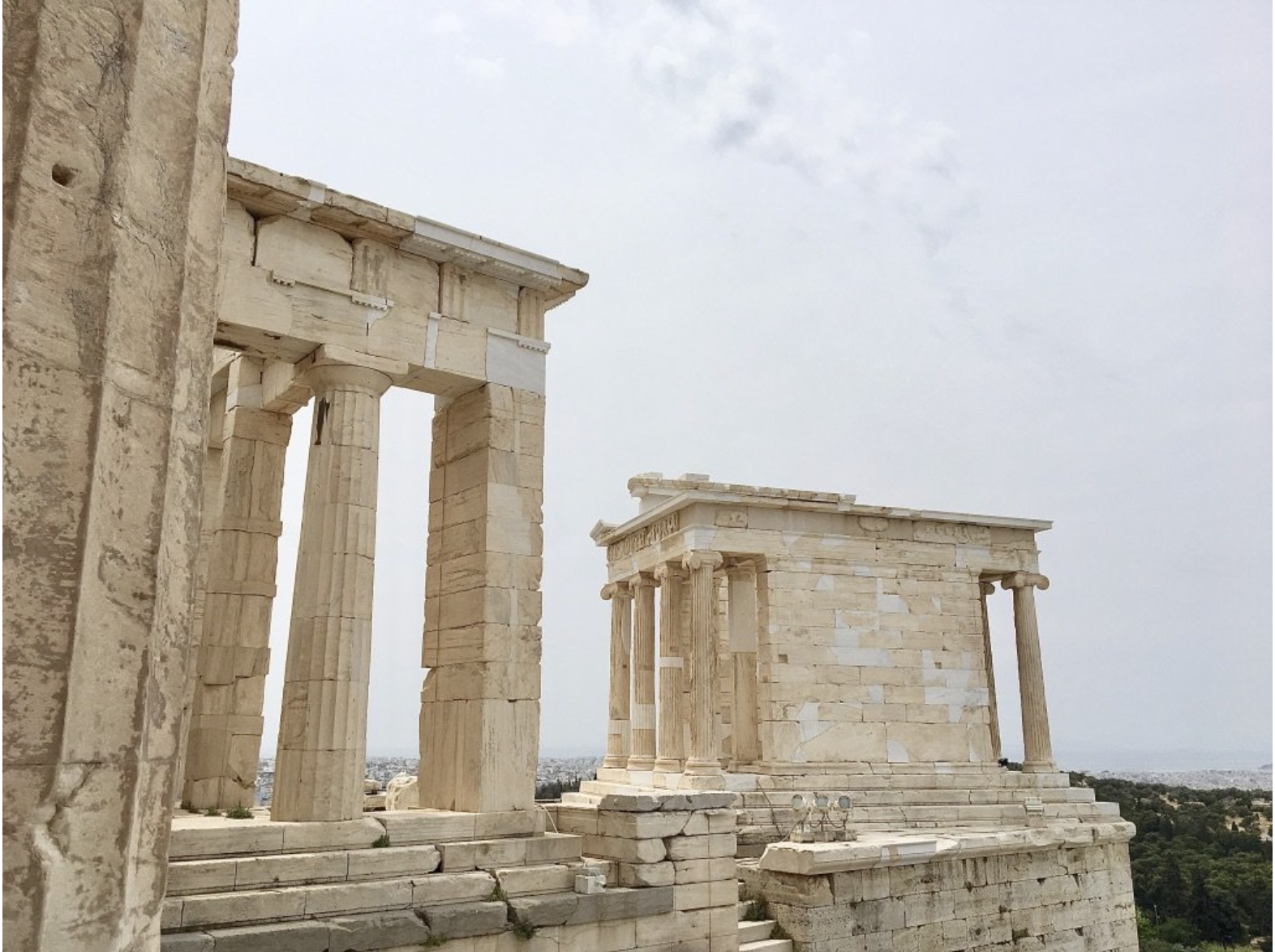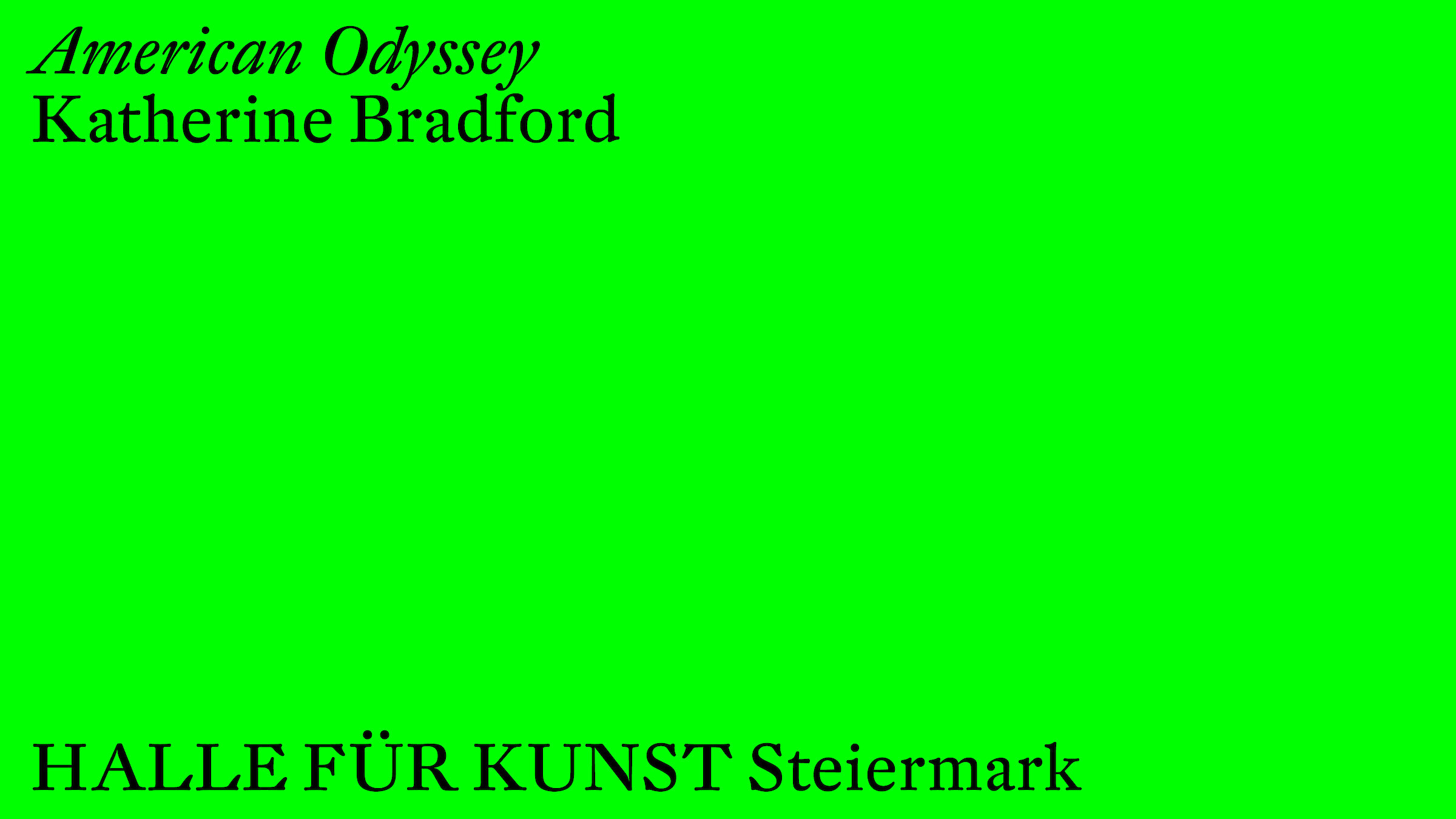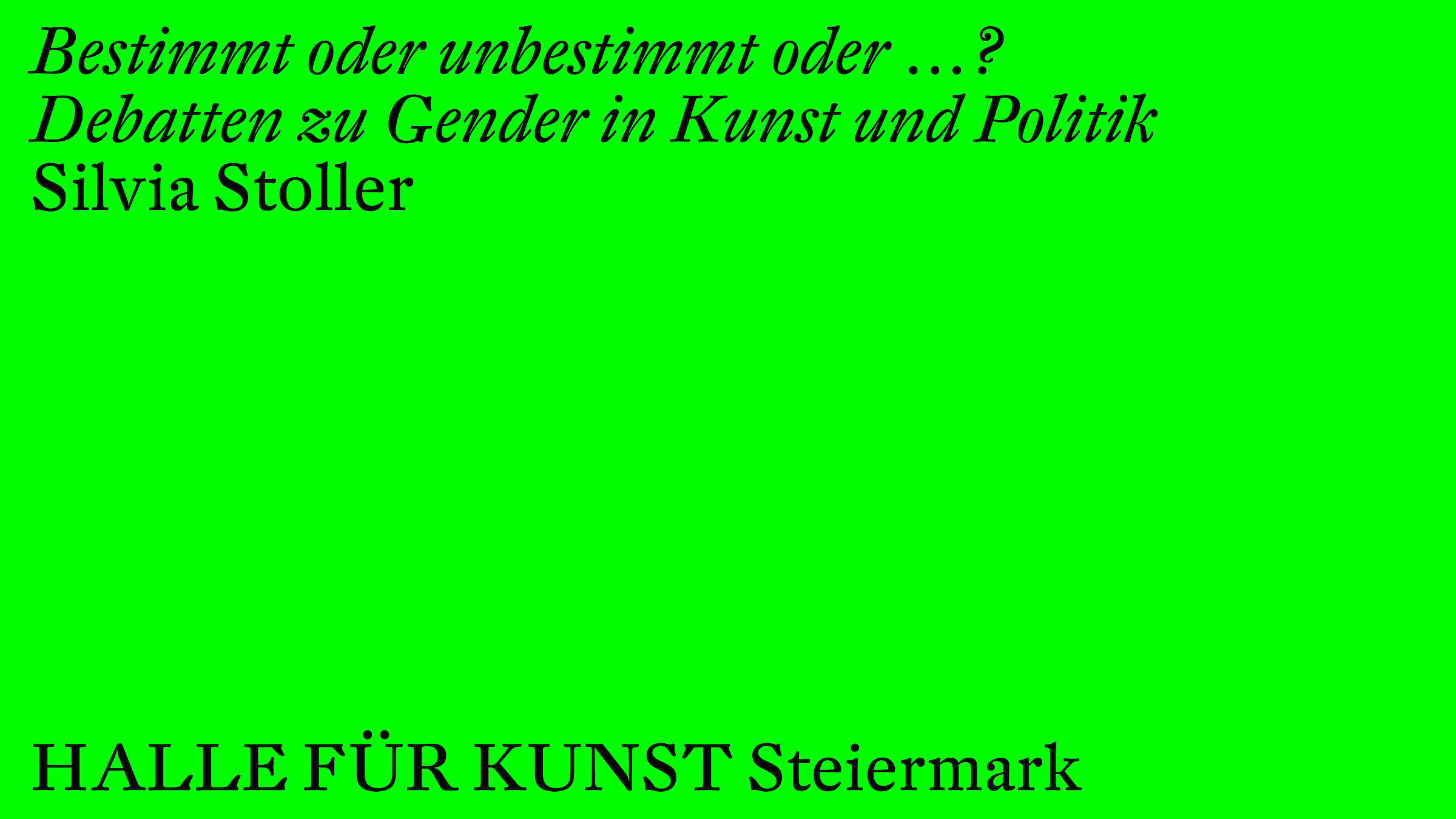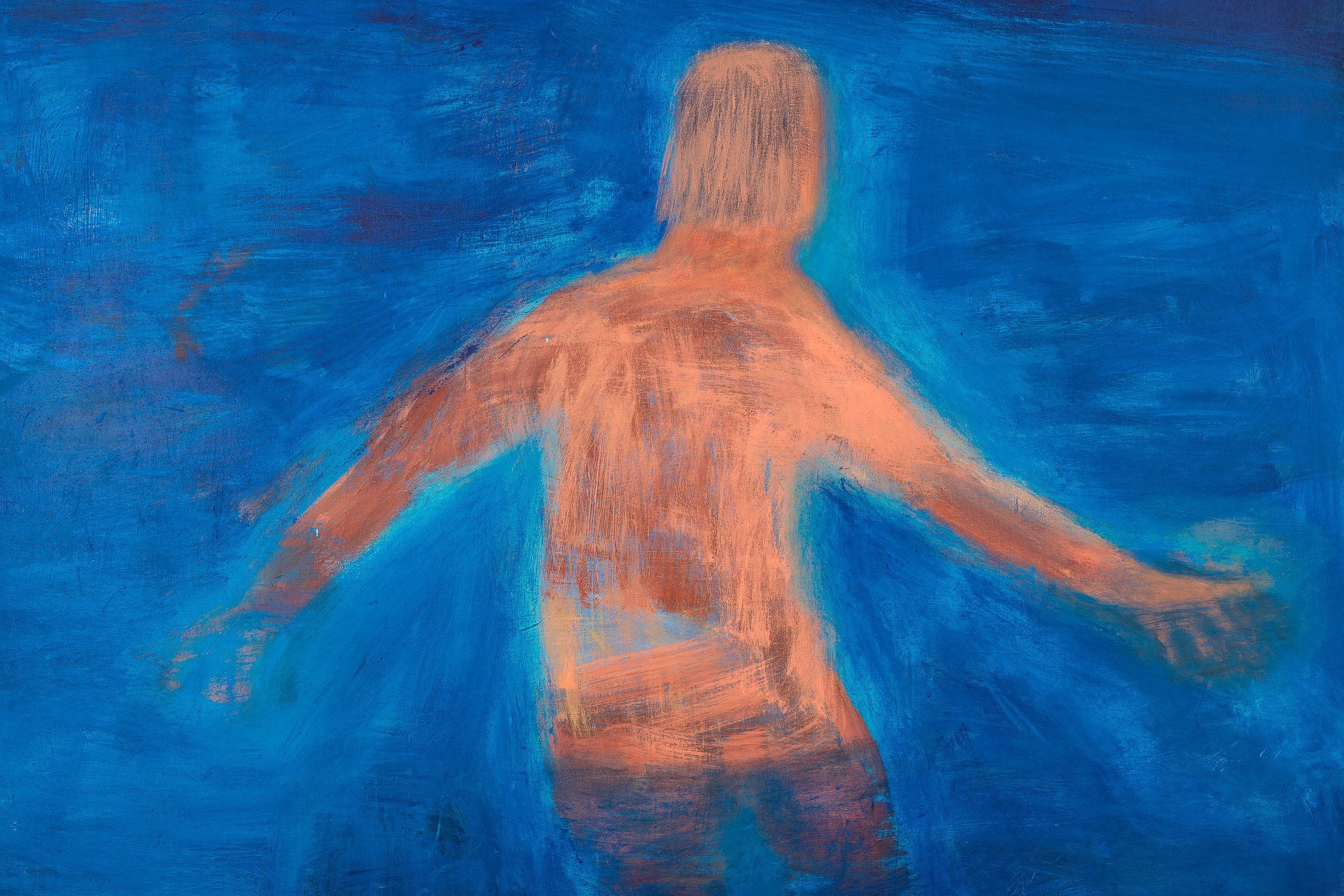In Dialogue with Antiquity:
Models of living together in the Europe of the future
Eveline Krummen
Essay

Akropolis, Athens
Photo: HK
The center of the exhibition concentrates around the theme of “Europe.” In this context the line will be drawn from antiquity, the origins, further on to the present up to the future, thus the question about the “where from” and the “where to”, of what connects us and of the mutual identity will be posed. Can this exist at all in consideration of the fragmentation and discontinuities in the political, social and economic spheres? According to the thesis of the exhibition, the foundation of Europe and its future lies in the field of art and culture; this is where the unifying element would be sought.
That art and culture are embedded in a tradition that ultimately goes back to antiquity, that they reflect it critically, that they break down boundaries and create something new for the future, is undeniable. And yet, exactly those areas and concepts which seem to divide us today, politics, economics, communication (or rhetoric), are in center of “Europe,” as something that unites us all, especially if we take the institution of democracy as the state constitution into account. For example, only democratically constituted states can join the European Union. In any case, the above-mentioned terms all derive from Greek. The reflection about how economy and politics, individual and polis (state) are to be put in relation, how they secure the material living, but also the living together, so that a good life is possible for all, farther how one should talk and argue, stands at the mutual beginning, in the center of Greek literature and philosophy. In their texts, the terms are defined and discussed in terms of content.
If one initially analyzes the concept of democratia, it is composed of démos, “people,” and krátos, “power.” The “power of the people,” however, is to decide for itself. Based on a constitution (politeia), it is a form of government that is seen in relation to others, namely the power of the few (oligokratía) or of the individual (monokratía, tyrannis). Characteristic is the participation of all citizens, who all have an equal share, based on their achievement and not their origin or wealth. Moreover, “freedom” is important: “Free we live in the state together,” says Pericles in Thucydides (2,37). Freedom, however, also means “obeying the laws” and observing the “unwritten laws” (ágraphoi nómoi), for example, that every person must be buried. The celebrations for the gods and heroes are also part of the polis. Thus in the 5th century the “whole world” comes to Athens, as Pericles also says, for example to the festival for Dionysus, to the Dionysia, with the tragedy and comedy shows, or to the Panathenae, the feast for the city goddess Athena, with the many musical performances, for which there were also valuable prizes, namely large artistically painted amphorae filled with holy olive oil. The place of art is the polis. Everything must have its order, and this includes the relationship with the gods. Citizens who have a leadership function also have a special responsibility to shape the laws well and to find good solutions in the economy and in the state.
The term oikonomia leads first to the individual citizen. Oikonomia is composed of oíkos, “house” and nomia to the verb némo “to manage” and means therefore “to manage the house” or “house-keeping”, also abstractly “to manage a budget”. It is about a planned management of resources. According to Aristotle, care must be taken “that outgoings do not become greater than incomings” (Oikonomika II 1,6). Behind it is the notion that the human being is part of a community, a zoon politikon, a living being that lives in a state (Politics 1253a1-11), but the goal is the good life. Therefore, economic action is always also political action, it is about one’s own individual subsistence and about the well-being of the polis, the state (Nicomachean Ethics 1,1094a‑b).
Many literary and philosophical texts have dealt with the relationship between state and economy, but also between state and individual, or with rhetoric. The earliest text, Works and Days, is by Hesiod (700 B.C.) and is designed as a Zeus hymn. The first part is about the díke, the law, which is supposed to be the foundation of the state. Hesiod turns against the “gift-eating kings,” against the corruption, he praises the good eris, the “constructive” dispute or the competition, which spurs to achievements, as well as the judges, who give legal notification. The second part is about agriculture, the careful planning, the division of labor and supplies, always in harmony with nature, the cosmos, the greater order. When “below” the actions of the human are in harmony with “above,” the gods and the cosmos, this ensures the well-being of the individual and all.
Platon and Aristotle discussed at the end of the 5th and in the 4th century B.C., especially in their writings on the state (Politeia, “constitution,” or politiká, “what belongs to the things of the state”), how the state and the oikonomia must be organized. Plato states that man is not autonomous, that is, he needs other people, but that he also has pleonexia, the “wanting to have more” as a basic anthropological characteristic. This longing for one’s own advantage must be restricted, to not endanger the state. Aristotle, on the other hand, is known for his systematic comprehension and penetration of various fields of knowledge; as well as a theoretical part, which is directed towards the insight of truth, there is also a practical part, that has a changing effect on the world. This includes also the oikonomia, which is subordinated to politics. The question now is to what extent our actions contribute to a good and happy life, because to a good life the human aspires by nature, also for the community. To recognize and achieve the good, though, requires a special power of judgment, the practical “reasonableness” (phrónesis). This is based on an experience of action, on an inner independence and freedom to find the best solution in a situation; citizens are responsible for this, especially in a position of leadership.
To politics, to democratia, to oikonomia, however, also belongs speech, rhetoric and communication, the free speech in front of the people’s assembly. Speech, too, should pursue the same goals as politics and oikonomia, namely, to achieve the good and the best for the citizens and the state. In the philosophical conversation the main thing is for speech to focus on truth, it is about the conclusive argumentation on the basis of facts. The oral conversation, the dialogue is the decisive entity, because here the teacher (Sokrates) can show the pupil how to engage critically with arguments, how to learn freedom in thinking. The speeches of the demagogues tend to close, they are narrow, but they should open up, like those of Socrates. Also the art as a peculiar form of the argument, as a longing for the general-valid and transcendent, as something what is lifted from time, has here her place.
To sum up, the texts of Greek Antiquity on politics, on democratia, and oikonomia draw attention to the fact that economy and state are connected, that economy is above all not only committed to homo oeconomicus, who is concerned with his own advantage, but rather to the whole, to the state, and finally – because economic action is integrated into a universal order – also to nature. The ancient texts bring concepts such as “order” and participation to the foreground. Order in the social sense is right and justice, in the economic sense it is fair trade, which uses the resources well, writes down the prices correctly, pays the goods and invests the income. The basis is trust, the aim is the well-being of the individual and the state. Good leadership means to make good laws, to find good solutions, to take responsibility, autonomous also towards oneself, to be free. Politics is not a form of entertainment, but an argumentation and confrontation with life, that it is a good life, for all. It is this intangible cultural heritage that is preserved for us in the Greek texts, in this way antiquity gives us – far beyond Europe – an identity and a future.







